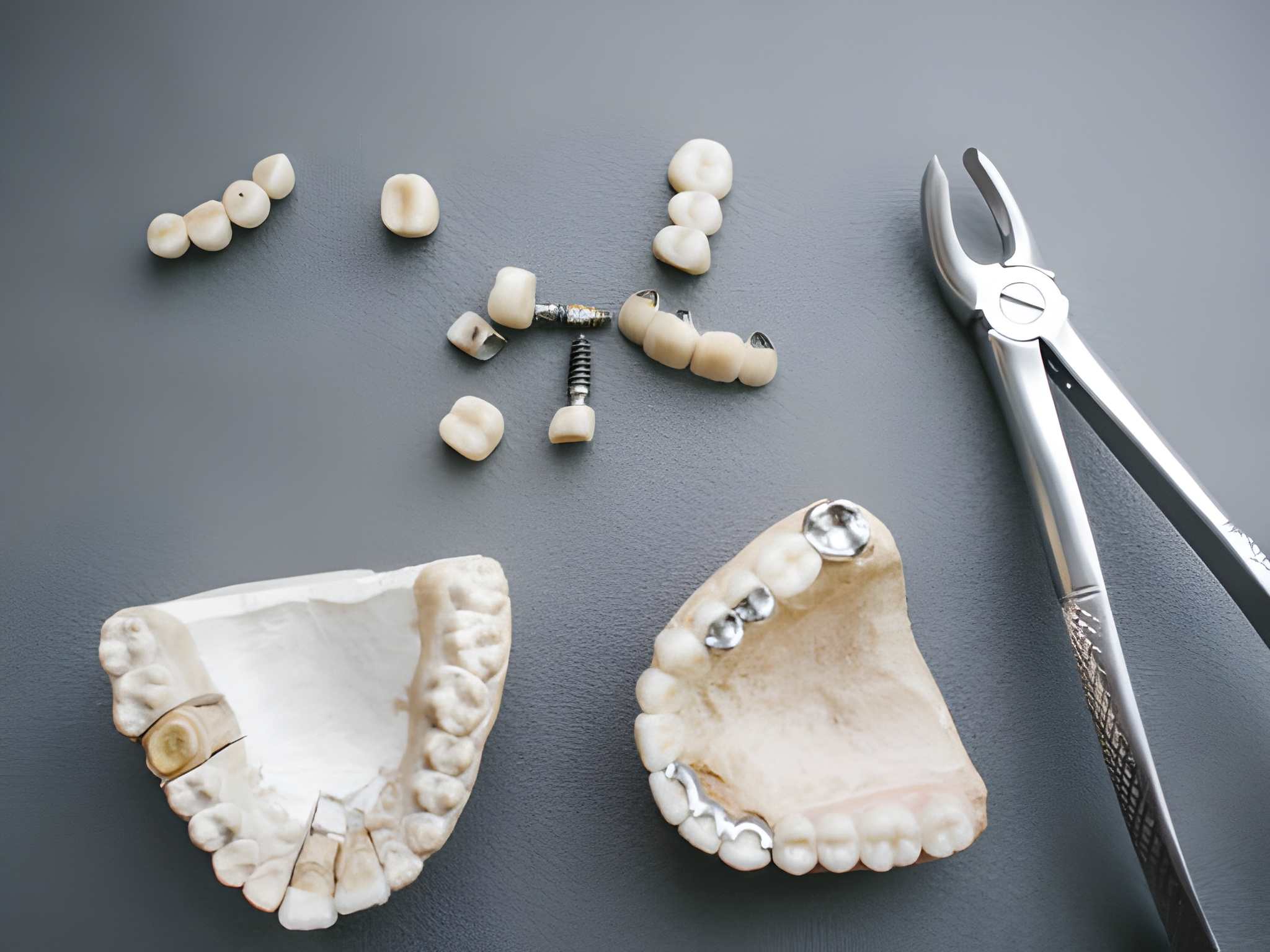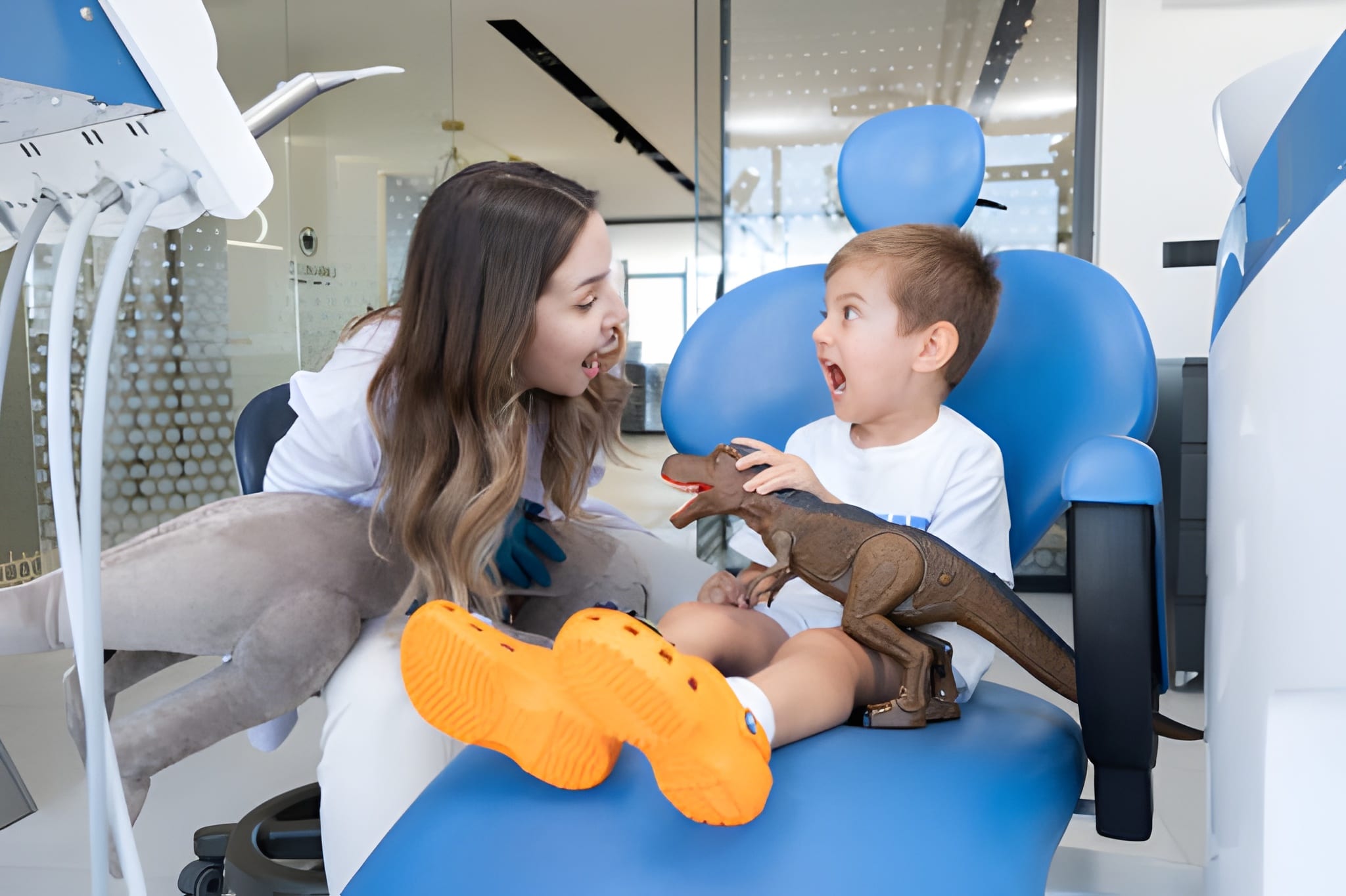Dental implants have become one of the most popular and reliable methods for replacing missing teeth.
They not only restore your smile but also help you chew, speak, and live more confidently. A smooth healing journey plays a big role in the long-term success of your implant. Studies show that dental implants have a success rate of up to 98%, especially when followed by proper aftercare.
In this article, you’ll learn about:
- What to expect during the healing process
- Foods to eat (and avoid) after surgery
- How to manage pain and swelling
If you’ve just had implants or are planning to get them, this guide is here to make your recovery easier, safer, and stress-free.
What to Expect After Dental Implant Surgery
Getting dental implants in Garland, TX, is a significant step toward achieving a healthier smile. After surgery, it is entirely normal to experience some swelling, mild discomfort, and minor bleeding in the first 24-48 hours.
What is normal?
- Swelling around the gums or face
- Mild to moderate pain, which is easily manageable with pain relievers
- Slight bleeding at the implant site
These are all part of your body’s natural healing process.
When to Contact Your Dentist:
- If bleeding doesn’t stop after a day or gets worse
- If pain becomes severe or unmanageable
- If swelling increases significantly after the third day
Everyone heals at a slightly different pace, but most patients experience significant improvement within a few days to a week. Complete healing of the implant site may take several months to occur.
Follow Your Dentist’s Post-Op Instructions Closely
After a dental procedure, it’s essential to follow your dentist’s instructions carefully. These guidelines are designed to help you heal more quickly and prevent complications.
Take Medications as Prescribed
- Don’t skip doses, especially pain relievers or antibiotics.
- Follow the timing and dosage exactly as your dentist tells you.
Stick to Cleaning Instructions
- Gently rinse with warm salt water if advised.
- Avoid brushing near the treated area until your dentist says it’s okay.
Limit Certain Activities
- Rest and avoid heavy physical activity for a day or two.
- Do not smoke or drink through a straw; it can slow down healing.
Local Garland dentists often provide personalized aftercare plans. If you have questions, reach out; they are there to guide you through recovery step by step.
Manage Swelling and Discomfort Properly
It’s normal to experience some swelling and discomfort after dental implant treatment in Garland, TX, but the good news is that there are easy ways to manage it and feel better faster.
Use a Cold Compress
Apply an ice pack on the cheek near the treatment area for 15–20 minutes at a time. This helps reduce swelling and soothes the area.
Take Time to Rest
Give your body a chance to heal. Avoid heavy activity and keep your head slightly elevated when lying down to reduce inflammation.
Use Medications as Directed
– Over-the-counter pain relievers like ibuprofen can help.
– If your dentist prescribed medication, take it exactly as instructed.
Avoid Self-Medicating
Never take random pills or increase doses without consulting your dentist. It can do more harm than good.
Taking it slow and following these simple steps can make all the difference in your recovery.
Watch Your Diet: Eat Soft and Nutritious Foods
After a tooth extraction, what you eat really matters. Your mouth needs time to heal, and the right foods can make a big difference.
Stick to Soft Foods
Choose easy-to-chew options that won’t hurt the healing area:
- Mashed potatoes
- Scrambled eggs
- Yogurt
- Applesauce
- Smoothies
- Oatmeal
These are gentle and filling.
Focus on Nutrition
Your body needs the right nutrients to heal quickly:
- Protein helps repair tissue — try soft-boiled eggs or protein-rich smoothies
- Vitamin C boosts healing — go for mashed bananas or fruit smoothies
- Calcium keeps your bones strong — include yogurt or soft cheese
Foods to Avoid
Stay away from:
- Crunchy snacks like chips or nuts
- Sticky foods like caramel
- Spicy dishes
- Anything too hot
Maintain Good Oral Hygiene Without Disturbing the Implant Site
Keeping your mouth clean is extremely important after getting a dental implant, but it is equally important to be gentle so you do not disturb the healing process.
Start with Saltwater Rinses
- Rinse your mouth gently with warm saltwater (especially after meals).
- This helps reduce bacteria and soothes the healing area.
- Avoid swishing too hard, let the rinse sit in your mouth, and slowly tip your head side to side.
Brush Carefully
- Use a soft-bristled toothbrush.
- Brush your other teeth normally, but avoid brushing the implant site for the first few days.
- After a few days, you can gently clean around the area, but don’t scrub.
Skip Alcohol-Based Mouthwash
- These can irritate the tissues and delay healing.
- Ask your Dentist in Garland, TX for a safe, healing-friendly rinse if needed.
Be Patient with the Healing Area
- Don’t poke or touch the implant site with your fingers or tongue.
- Follow all post-care tips from your dentist and return for checkups to ensure smooth healing.
Avoid Smoking and Alcohol During Recovery
Smoking and drinking alcohol can seriously slow down your recovery after a dental implant.
Why Smoking Is a Problem:
- It reduces blood flow to your gums, which delays healing.
- It increases the risk of infection and implant failure.
- Smokers are more likely to face complications after surgery.
How Alcohol Affects Healing:
- Alcohol weakens your immune system, making it harder to fight infection.
- It can interfere with pain medications or antibiotics your dentist may prescribe.
To give your implant the best chance of success, avoid smoking and alcohol for at least a few days, or better yet, throughout your healing period.
Stay Alert to Signs of Complications
Even though most extractions heal smoothly, it’s important to keep an eye out for warning signs. Some symptoms can signal an infection or other complication that needs quick attention.
Symptoms You Should Not Ignore:
- Pain that gets worse instead of better after a few days
- Swelling that does not go down or starts to spread
- Pus or discharge from the extraction site
- A bad taste or smell in your mouth
- Fever or chills
- Difficulty opening your mouth or swallowing
If you notice any of these; don’t wait it out, reach out to your dentist right away.
Garland Dental Offices Are Here to Help
Most dental clinics in Garland offer emergency support for post-extraction issues. Whether it’s a quick call or a same-day visit, they’re prepared to guide you through recovery and handle complications fast.
Takeaway
- Follow your dentist’s post-op instructions and stick to soft, nutritious foods to support healing.
- Use cold compresses, rest, and prescribed medications to manage swelling and discomfort.
- Avoid smoking, alcohol, and hard foods to prevent complications and promote implant success.
- Ready to boost your way to recovery? Connect with our North Texas Family & Cosmetic Dentistry experts today!





